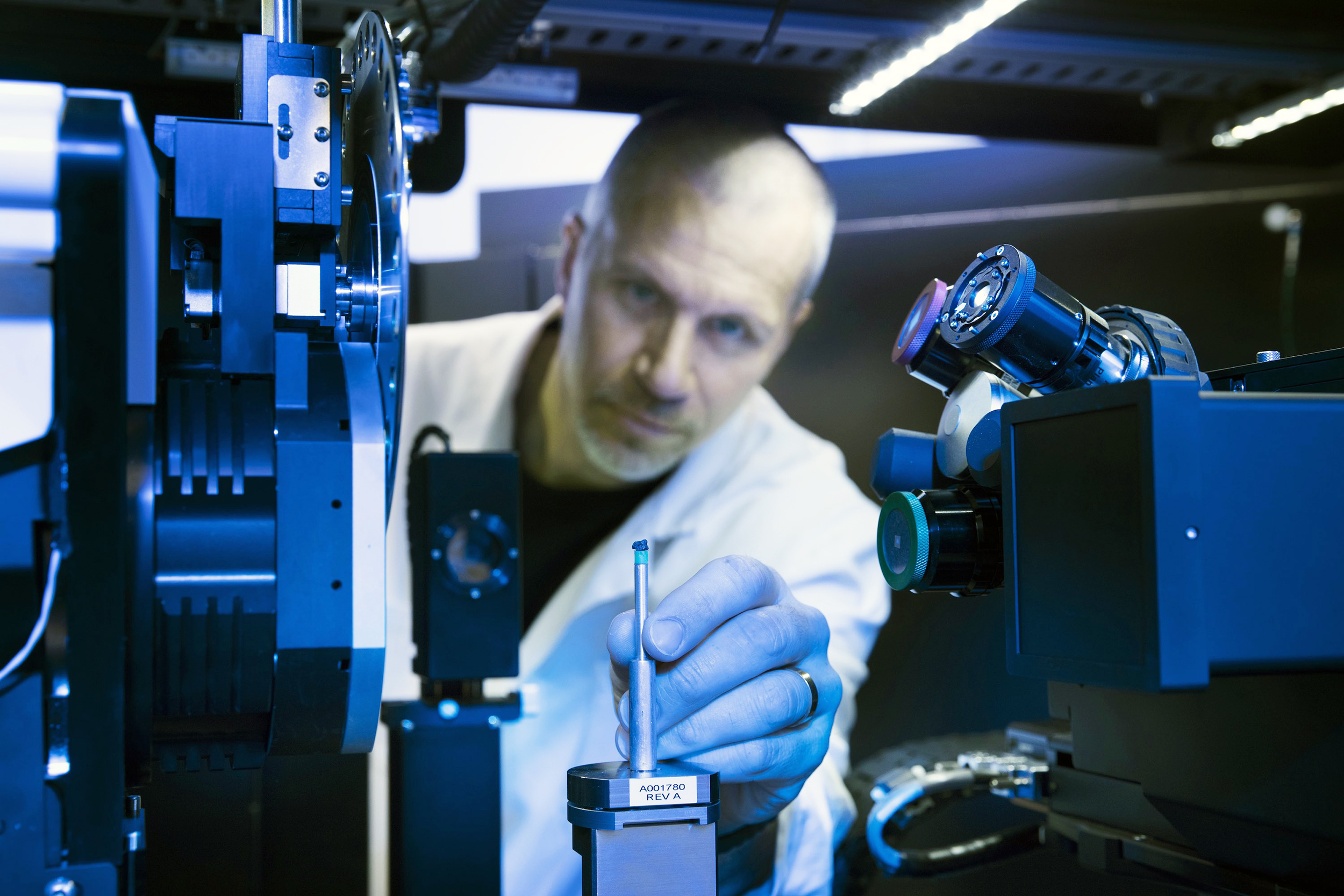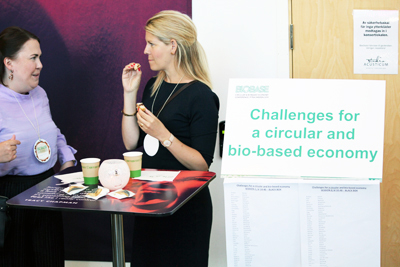Bio4Energy Partner LTU Part of ‘Largest Investment in Material Science in Sweden’
A Swedish funder of research in the bio-based sector has announced the largest investment ever in the northern European country in terms of sustainable material science, and notably in infrastructure to advance it.
Bio4Energy partner Luleå University of Technology (LTU) is one of seven research universities to benefit, having won a hefty SEK52 million (€4.6 million) grant to fund instrumentation that will allow researchers quickly to measure various material reactions to flow, pressure or load and to variations in climate.
“The equipment will be unique in Sweden. We are right here in northern Sweden where the large industrial investments towards the green transition are located”, said Fredrik Forsberg, Bio4Energy expert at fluid and experimental mechanics at LTU.
“We are going to build a strong node for material science research; focusing on minerals, metals and hydrogen; all of which are essential raw materials in this transition”, Forsberg added.
“We are going to build a strong node for material science research; focusing on minerals, metals and hydrogen; all of which are essential raw materials in this transition”.
The vision of the Wallenberg Initiative Materials Science for Sustainability (WISE), where the seven universities are members, is to “enable sustainable technologies with positive impact on our society by understanding, creating and controlling complex materials”, according to its homepage.
It is the single largest investment in material research in Sweden—the share going to LTU is one tenth of the total—and the Knut and Alice Wallenberg Foundation is behind it.
In the case of LTU, the grant monies will be invested both in infrastructure at the university and at the southern Sweden-based synchrotron Max IV Laboratory; where beamlines for very advanced X-ray-based research is available for scientists from all over the world.
“We expect to start using the new equipment a year from now. It will be available to all WISE researchers and for all in joint projects regarding sustainability issues”, Forsberg said.
From the presentation late 2019 of its Green Deal, the European Union started referring to the “green transition” as being a bridge in time to meeting goals in terms of cutting greenhouse gas emissions and arresting environmental degradation.
Advanced Characterisation Techniques at the Luleå Material Imaging and Analysis Facility (WISE ACT @LUMIA) at Luleå University of Technology include high-resolution 3D X-ray imaging (dynamic/high-energy/spectral XCT) and precision milling (laser ablation FIB) coupled with scanning electron microscopy (SEM). The platform offers excellent capabilities for analysis related to the new technologies emerging in northern Sweden, the hotspot for the green transition. Key research areas, in close collaboration with leading industry, include fossil-free steel, carbon dioxide and hydrogen storage, sustainable batteries, extraction of critical raw materials, and additive manufacturing. From WISE Technology Platforms, wise-materials.org
Contact
Fredrik Forsberg — Affiliation with Luleå University of Technology
New as of 5 February 2024: Scientific article
Advanced materials provide solutions towards a sustainable world, Nature Materials 17, 1052–1053.
For more information
Wallenberg Initiative Materials Science for Sustainability (WISE)
WISE at Luleå University of Technology (LTU)


 ©AnnaStrom
©AnnaStrom



